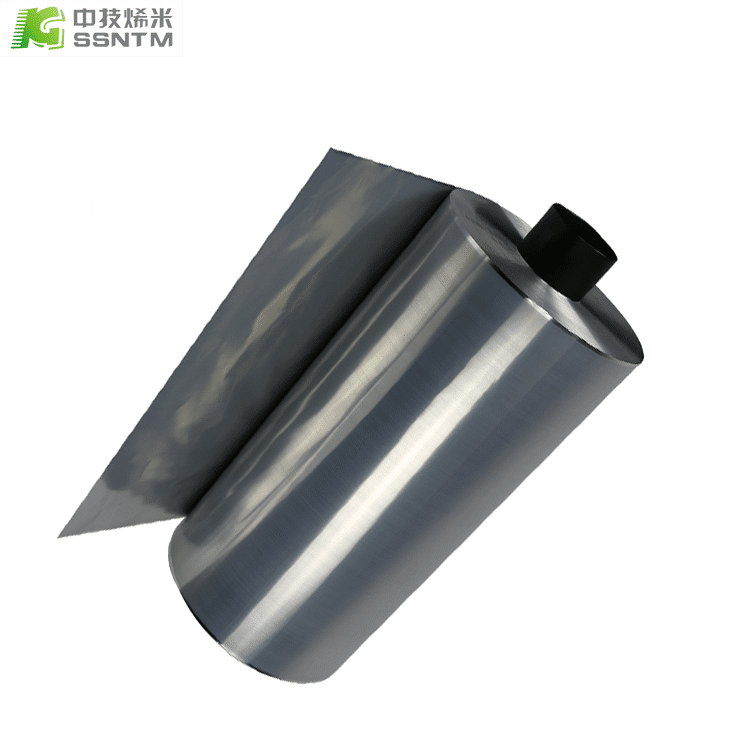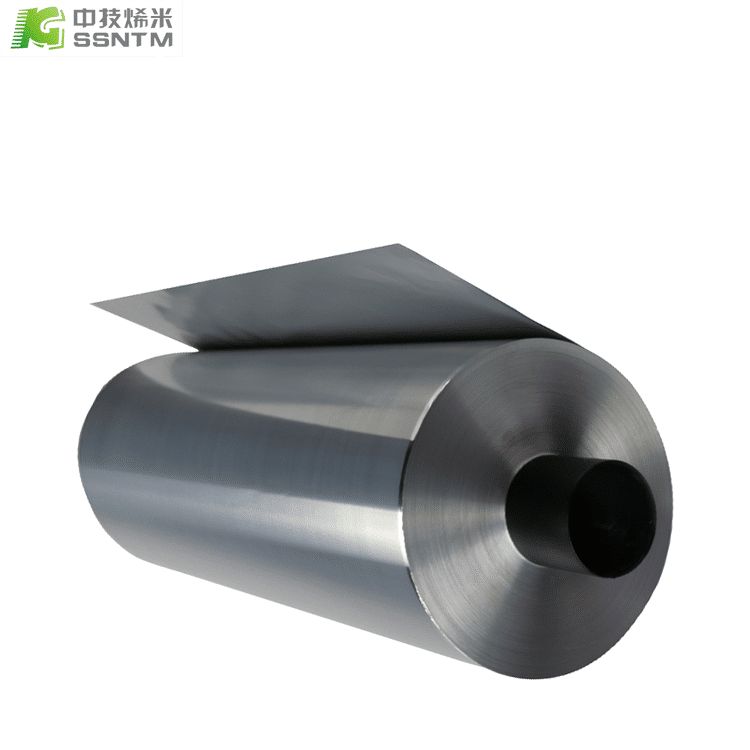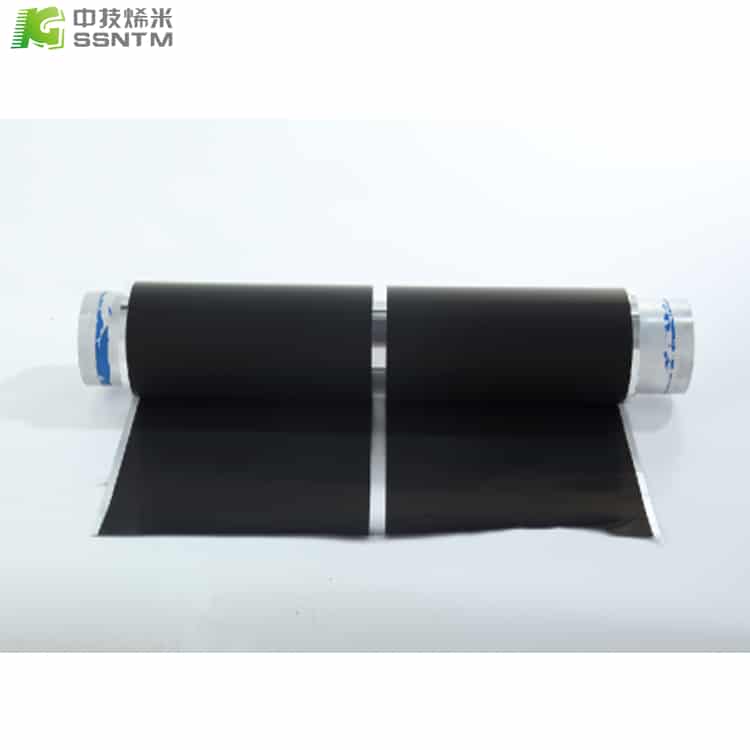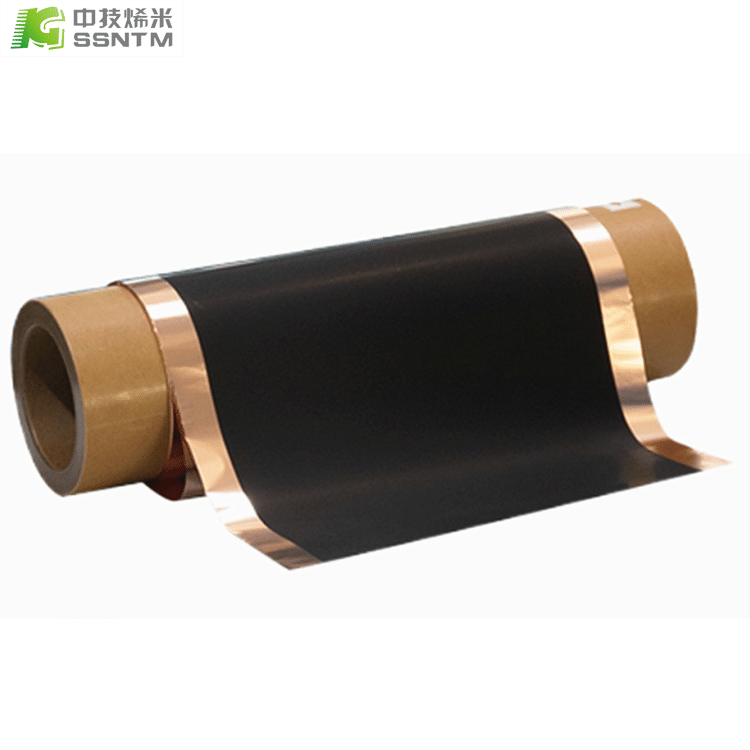What are the factors affecting electrochemical corrosion?
Electrochemical corrosion is the process by which a metal deteriorates due to electrochemical reactions with its environment. The following factors can impact the rate and extent of electrochemical corrosion:
Electrode potential: The electrode potential of a metal determines how readily it will lose or gain electrons in an electrochemical reaction, and therefore how likely it is to undergo corrosion.
pH level: Corrosion reactions often occur in acidic or alkaline environments, which can increase the rate of corrosion. The pH level of the environment can therefore play a significant role in determining the extent of electrochemical corrosion.

Oxygen concentration: The presence of oxygen can stimulate electrochemical reactions, increasing the rate of corrosion, particularly in metals like iron.
Temperature: Increased temperature can speed up the rate of electrochemical reactions, leading to greater corrosion rates.
Impurities and contaminants: Small impurities in the metal structure or contaminants in the surrounding environment can accelerate the rate of corrosion.
Current density: The amount of current flowing through a corroding metal can influence the corrosion rate, with higher current densities leading to more rapid corrosion.
Presence of chloride ions: Chloride ions are known to greatly accelerate the corrosion of many metals, particularly steel and stainless steel, making them more susceptible to pitting and crevice corrosion.





